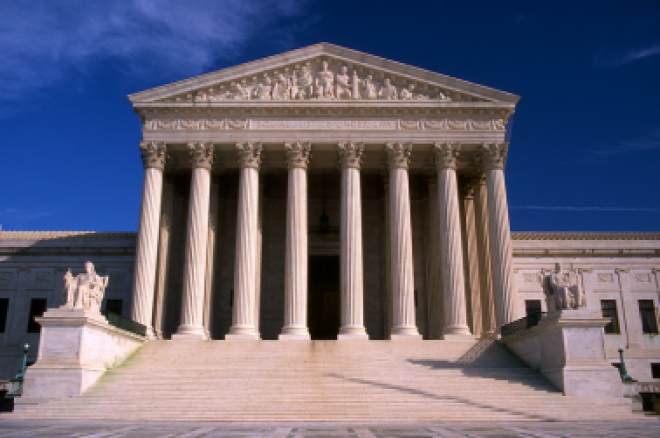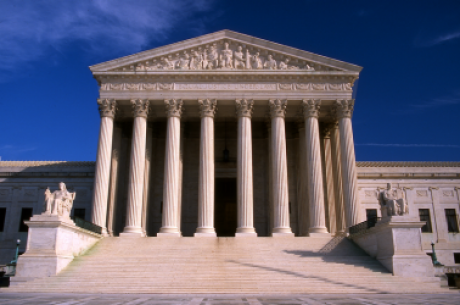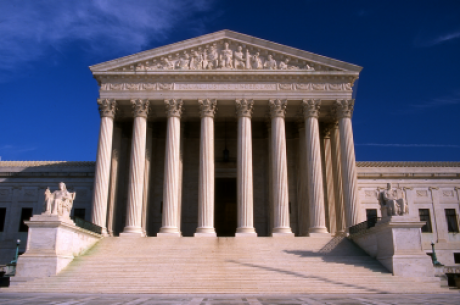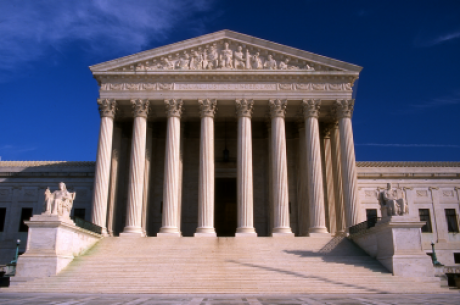What the Midterm Elections Mean for Online Poker


The changing of the guard from Democrats to Republicans in the House of Representatives presents a challenge for the movement to license and regulate Internet poker.
Everyone likes to say this is a bipartisan issue. In theory, it should be. Tax revenue, consumer protection and a citizen's freedom to do what he wants in his own home are issues that cross party lines. But it was shown clearly in July's House Financial Services Committee vote that there is a wide gap in support between parties. The Democrats voted overwhelmingly (34-4) in favor of Barney Frank's Internet gambling legislation and the Republicans were lukewarm at best to the idea (7-18).
With Republicans taking a whopping 60 seats from the Democrats in Tuesday's election for a 239-186 majority, groups like the Poker Players Alliance will need to adjust to a House that figures to be more difficult to navigate.
"We're going to have to make decisions on the focus of legislation, the breadth of legislation and who the sponsors are," Executive Director of the PPA John Pappas said. "We need to be smart about it. We can't look at what's in the past and say that will work now, because obviously we have a new reality here and we need to focus legislation to reflect that new reality."
The harshest part of that new reality is that Frank, the champion of the rights of online poker players on Capitol Hill, no longer will have his pulpit from which to push legislation. Frank, who did win his re-election to represent his district in Massachusetts for a 16th term, will become the ranking member in the committee. Even worse for poker, one of the few congressmen truly gung-ho against Internet gambling, Spencer Bachus (R-Ala.) is the favorite to take over as chairman. Remember the way Frank was able to dictate the agenda and cut off Bachus during the hearing and markup this year, and figure Bachus will be looking to do the same with their roles reversed.
"Certainly, Internet gaming is just one of the issues Barney is passionate about, and his loss of power will hurt," Pappas said. "It will be much more difficult to get that bill through the House Financial Services Committee without his leadership."
Pappas said the PPA will consider pushing for someone else to introduce an Internet poker licensing bill in the House next session in place of Frank, possibly a Republican.
The new Speaker of the House is expected to be John Boehner (R-Ohio), who has a grade of F on the PPA's congressional rankings. The PPA rankings include a letter written by Boehner that does give some hope that he isn't steadfast in his opposition. He writes that he believes "we must take reasonable steps to stop the spread of illegal gambling and money laundering activities." However, he also writes that he believes gambling can be acceptable entertainment in moderation and that he generally opposes government interference in the Internet.
This year, all progress for poker at a federal level occurred in the House while the Senate bill remained stagnant. That may change in this new reality. The Democrats maintained control of the Senate and Senate Majority Leader Harry Reid (D-Nev.), thought to be a key ally because his constituency includes Las Vegas casinos like Harrah's that are interested in legal online poker, won his re-election. Though Reid has yet to publicly champion the movement for licensed and regulated Internet poker the way Frank has, he is probably the best chance to make something happen in the next two years because he has a power position and Frank will not.
"A lot of our time and resources and lobbying power was dedicated on the House," Pappas said. "That was because Barney Frank was chairman of the committee and introduced the bill. It may make more sense to focus on the Senate, which is Democrat-controlled. Let the Senate become the leader now rather than the House. We have to adapt a strategy based on where we think we have the best opportunity to move a bill."
Poker players could have made a real difference for Sen. Michael Bennet to win re-election in Colorado. Bennet became the first co-sponsor for the Senate Internet poker bill late in the year, leading the Poker Players Alliance to send out e-mails to its 18,000 members in the state urging them to support his re-election. Bennet ended up squeaking out a victory by a mere thousands of votes in one of the closest decisions of the election.
Though it's an extreme longshot, Pappas said the PPA will push for legislation to pass during the lame-duck session that begins next week. These last few working weeks of the year for Congress provide a slim opportunity to make a move before the demographics on Capitol Hill change in the new year.
But Pappas said the PPA also will work to contact all of the incoming congressmen and senators even before they take office.
"Being able to get in on the ground floor on this issue in educating members of Congress, we have a good chance of getting them to support our position," Pappas said. "Fresh faces in Washington are an opportunity for the PPA, whether Republican or Democrat."
Follow us on Twitter for up-to-the-minute news.








